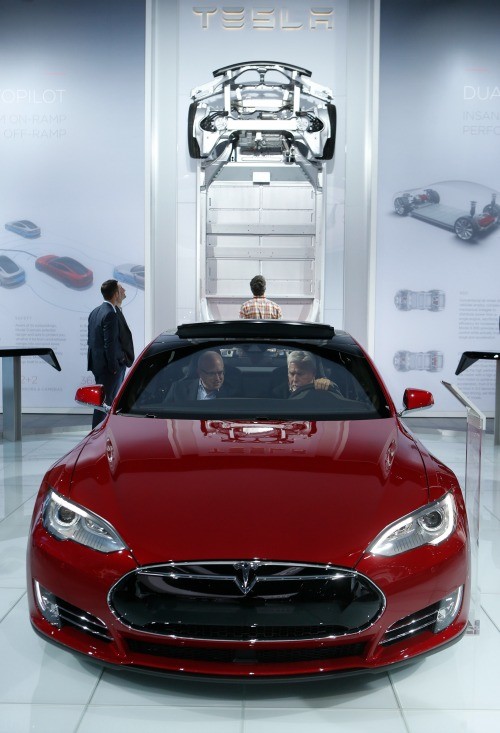New Jersey Governor Chris Christie has signed a bill reversing the ban on electric car company Tesla from directly selling to consumers.
The new development promises a major victory for Elon Musk's auto company after a year-long struggle with the issue.
In April last year, The Verge reported that Tesla was banned from selling its cars in New Jersey to potential car owners outside franchise dealerships.
Christie, however, did not close his doors to the possibility of lifting the ban if the state legislature approves it. Hence, the recent state dealership legislative bill. With this major reversal, would-be car buyers can now check out the vehicles personally as opposed to having to do so online.
Gov. Christie also expressed his thoughts about the move, "We're pleased that manufacturers like Tesla will now have the opportunity to establish direct sales operations for consumers in a manner lawfully in New Jersey".
Meanwhile, auto retailers are not happy about this as there has been an existing conflict between state-certified dealerships and the Palo Alto, California-based electric car manufacturer.
The former, opposing the latter's ability to market its cars through direct selling instead of the traditional third-party auto dealerships.
According to the New Jersey Coalition of Automotive Retailers, Tesla is monopolizing the industry with its electric cars and should be selling these vehicles through them.
This strategy of the industry has been branded by the Federal Trade Commission as "protectionist" while Tesla CEO Musk criticized the argument in his post on the company's blog the previous year.
He wrote, "Unless they are referring to the mafia version of 'protection,' this is obviously untrue." For the executive, these car dealers are not really out to protect the interests of consumers.



























